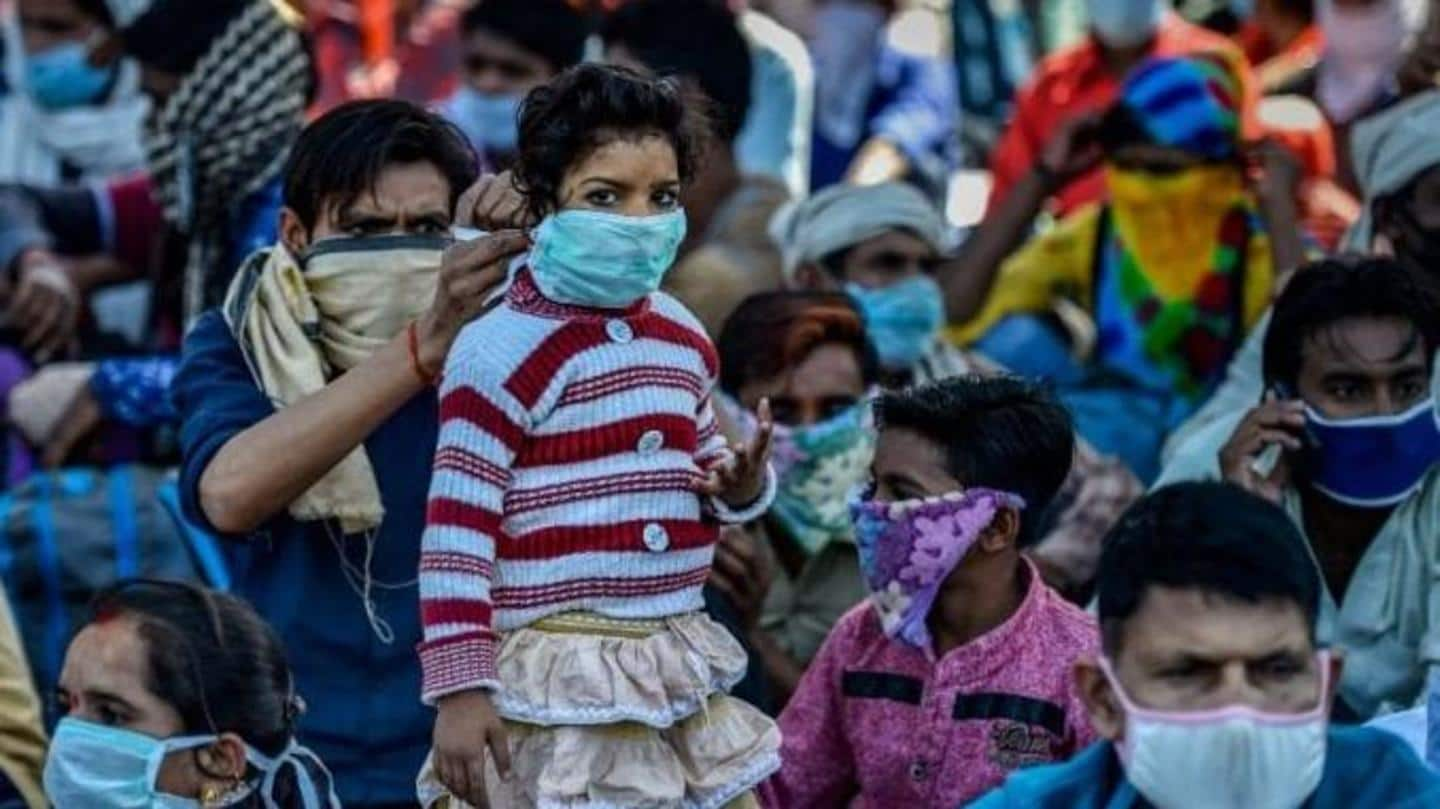
Coronavirus: What is herd immunity? And how does it work?
What's the story
Since the coronavirus outbreak, several words have entered the common person's lexicon: social distancing, pandemic, self-isolation, asymptomatic, etc.
The pandemic has also introduced people to the concept of "herd immunity," a term commonly used in conversations about vaccination.
What does it mean? And how is it relevant in the times of COVID-19? Here's all you need to know.
Definition
What is herd immunity?
Herd immunity is when a significant portion of the population has developed immunity against a pathogen.
This helps limit the spread of the pathogen through the population by breaking the chain of transmission.
For e.g., if 80% of the population is immune, four out of five people who encounter an infected person will not get sick and will hence not transmit the disease further.
Significance
Why is it so important?
Even though you may feel confident about your immune system's capability to fight off an infection, that's not the point.
Herd immunity offers some protection for the people who are more vulnerable to infection (elder persons, children, pregnant persons, etc.). There are also people who cannot be vaccinated, or people who have weaker/compromised immune systems—people receiving cancer treatment fall in both categories.
Process
How can herd immunity be achieved?
If a significant portion of the population gets vaccinated against a pathogen, herd immunity is said to have been achieved.
For different kinds of pathogens, the "herd immunity threshold"—the percentage of the population required to have immunity to achieve herd immunity—varies.
Early estimates say that at least 70% of the population needs to be immune against COVID-19 to achieve herd immunity.
Coronavirus
How is it relevant for COVID-19?
Although herd immunity is mostly talked about in terms of vaccination, there is no vaccine against COVID-19 yet.
However, herd immunity can also be achieved naturally. In this process, several people get infected and develop immunity against a pathogen.
In the early stages of the coronavirus pandemic, the UK had planned to allow people to get a "mild illness" until herd immunity kicks in.
Information
What's the harm in developing natural immunity?
Since there is no vaccine, developing natural immunity seems like the obvious choice to achieve some form of herd immunity against COVID-19. However, this puts at risk the millions of people who are immunocompromised, have co-morbidities, or are otherwise more vulnerable to infection.
Healthcare system
In process of building natural immunity, health systems may collapse
Further, if too many people get infected, the burden on our healthcare system could be immense, which could lead to higher death rates.
The whole point of "flattening the curve" was to avoid that; by following social distancing, so few people get infected, and fewer of them need to be hospitalized.
An overwhelmed health system affects not just COVID-19 patients, but all patients.
Research
What does the research say?
A recent large-scale Spanish study had found that only 5% of the population had antibodies against COVID-19. Notably, Spain was one of the worst-hit countries in the outbreak.
The study also found the immunity against COVID-19 may not last long.
More importantly, researchers remain uncertain if getting infected by the coronavirus or having antibodies against it would even protect you from re-infection.
Information
Immunity against coronavirus will probably not last for life
According to the Johns Hopkins University Bloomberg School of Public Health, if the coronavirus responsible for COVID-19, called SARS-CoV-2, behaves similar to other coronaviruses, immunity against the disease may only last for months or perhaps years, but probably not a lifetime.